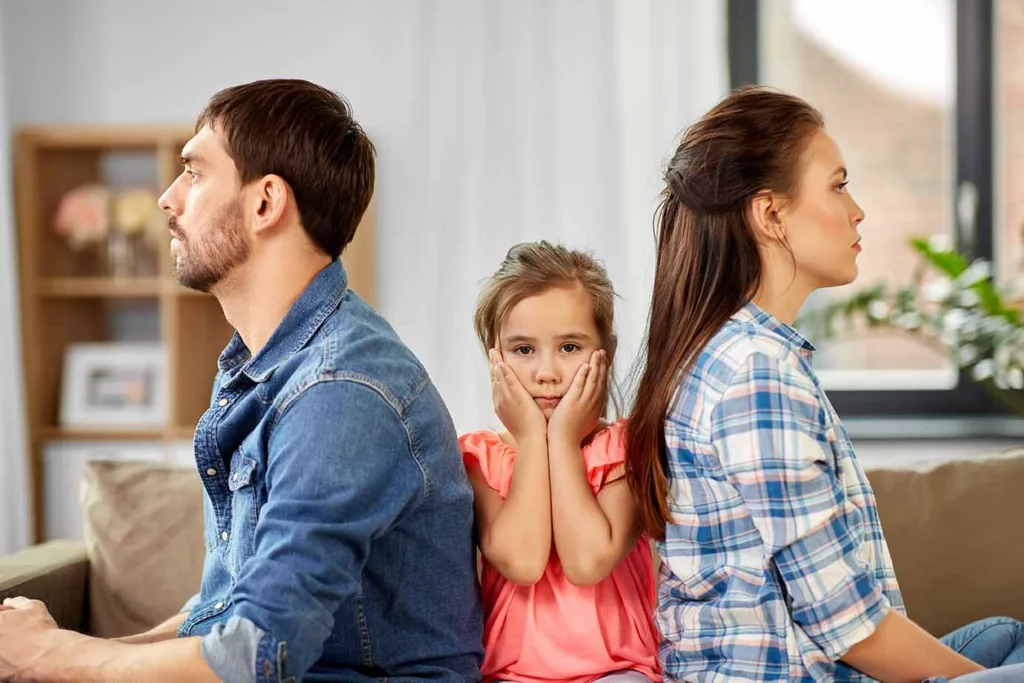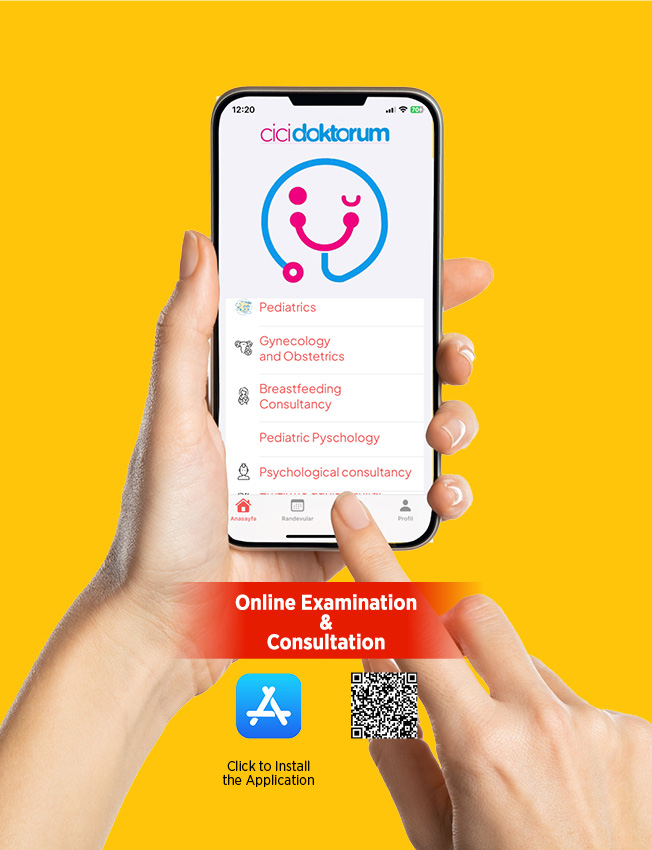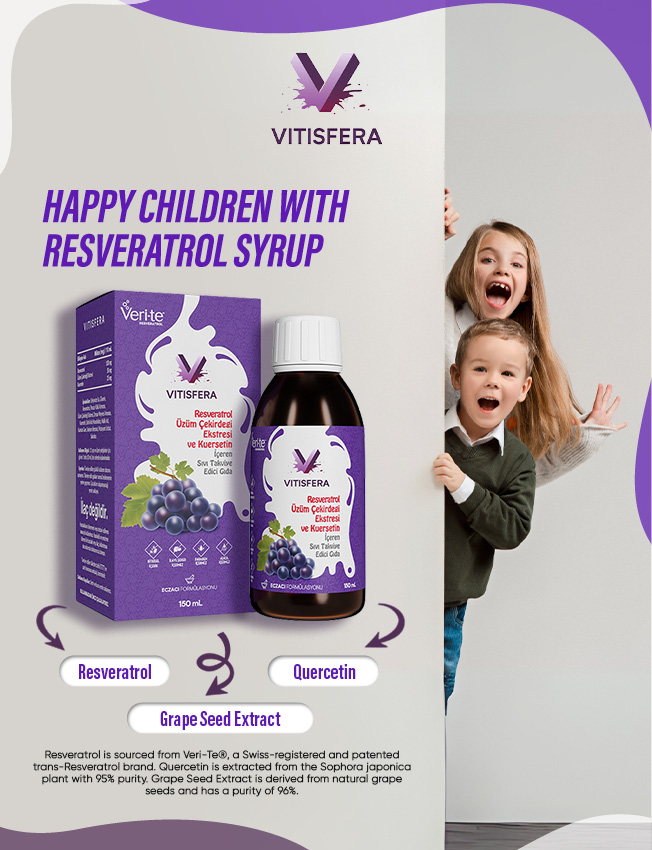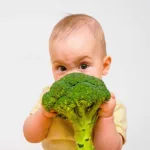The Effects of Divorce on Children

Divorce is a complex event that causes the separation of families and affects all family members. This event particularly affects children psychologically. After divorce, the initial months can be difficult for both parents and children, with symptoms such as aggressive behavior, irrational fears, phobias, depressive mood, and separation anxiety emerging in children.
These symptoms are influenced by factors such as the child’s age, the family life before the divorce, whether the divorce was sudden or not, and the divorce process itself. When making the decision to divorce, parents should seek professional support if available and explain the situation to their children together, planning it as parents in a way that is appropriate for the child’s age.
Additionally, parents should emphasize that they will always love their child and that they can see the other parent whenever they want. However, unilateral divorces can also occur, leaving the remaining parent to reflect their sadness onto the child, which can negatively impact the child’s healthy growth environment. Therefore, meeting and supporting the child’s needs during the divorce process is important.
How should the divorce process be managed?
1. If a child is already developing symptoms in an environment where conflict or unhappiness prevails, the focus should shift to managing the process once two adults have made the decision to separate.
2. A clear, concise, and age-appropriate explanation should be given to the child. At this stage, designing explanations that are tailored to each family’s process and consider the child’s temperament is important, with professional support.
3. The new life routine that will occur after the divorce should be explained, and the child should be involved in the process according to their age and development. It should be remembered that divorce is a life change that requires adaptation. For example, the concept of two homes or changes in cities and the idea that the child will see one parent less frequently are situations that the child needs to adapt to, and this process is normal.
4. During the child’s adaptation process, symptoms may appear. In such cases, calmly observing the child and seeking therapy support when the child’s social and academic functionality decreases is a wise option.
5. The mental health and adaptation of the parents are also important. Progress should not only be child-focused. During the divorce process, parents should transition from a couple role to a parental role, being flexible and resilient enough to progress healthily. If possible, parents should collaborate and seek support as needed.
6. Boundaries, rules, and approaches to the child should not change and should remain stable in every environment.
7. Some children are not affected by this process at all, some feel relieved when conflicts end, and some are deeply affected. In any case, the child’s temperament is a factor, and parental temperament and attitude also influence the adaptation process. Adaptation processes vary under all circumstances.
8. Coming together on special occasions is crucial for the child to see the parent-child-parent triangle. Feeling that the child’s parents have not abandoned their roles as parents when they see other families can heal the child’s feeling of hurt.
9. Most importantly, being able to write the scenario where we are individually happiest and most peaceful is crucial. This is most essential for the child.
10. Sometimes, some parents also abandon their parental mission. In that case, the child should overcome this sadness and loss with the help of a therapist. With therapist support, acceptance and adaptation processes can progress more easily.
Note: Sometimes, children’s adaptation skills can even guide the parent. You learn a lot of things while guiding children.









